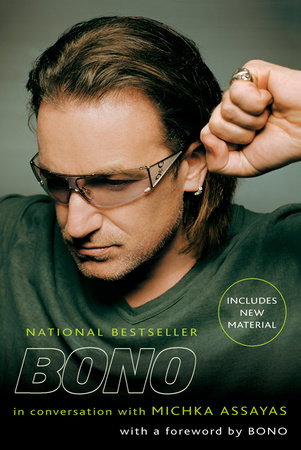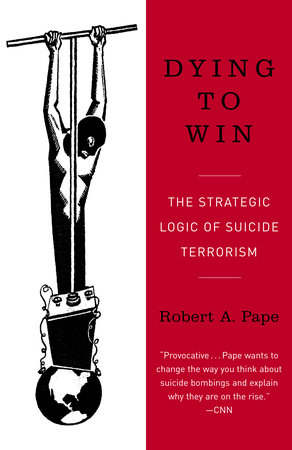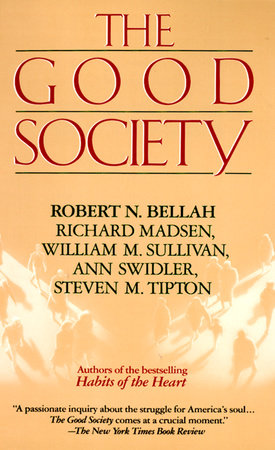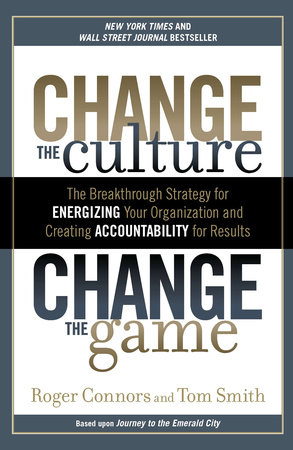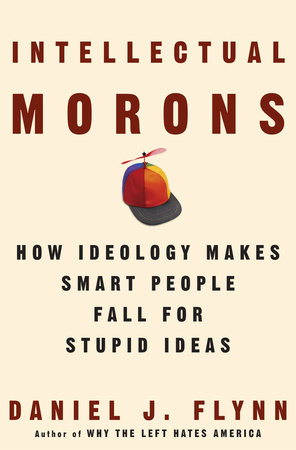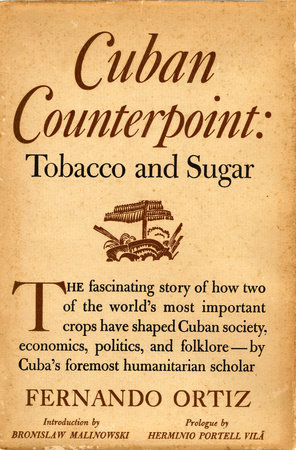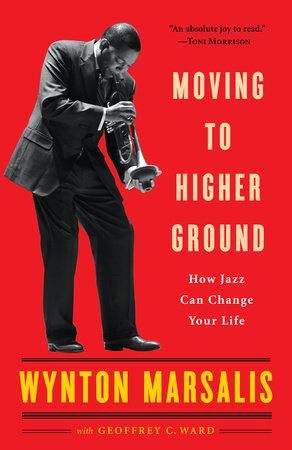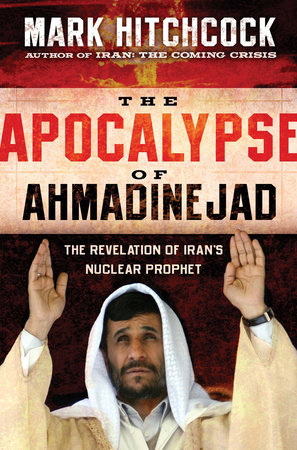A conversation with Jonathan Tepperman,
author of
THE FIX
Why did you decide to write THE FIX?
I’ve spent almost twenty years now covering international affairs as a writer and editor. In that time, I’ve read a lot of books on the subject, and a lot of what I’ve read has frustrated me. Too much of the literature focuses on problems without then looking for answers. Don’t get me wrong: diagnosing problems is critically important work. So is highlighting all the many things governments get wrong. But too often, books about the world either skip the hard part—figuring out what we can actually do to improve things—or they do so in such a vague way that the answers aren’t enlightening.
A few years ago, I decided that rather than just keep complaining about this deficit, I should start looking for answers myself. Because I’m more of a reporter than an academic, the process involved a lot of travel: visiting country after country to see if any of them had figured out the fixes that everybody else was still searching for. And what I found amazed me: there actually are all these answers already out there if you can somehow track them down.
Why do you think most of these solutions came from unexpected quarters—for example, Rwanda, Indonesia, and Botswana—rather than from more predictable places?
They’re only unexpected because we journalists are lazy. Once we’ve developed a core narrative about a place, we’re very reluctant to change our minds, and so shifting the story becomes extremely difficult. So, for example, everybody knows that Scandinavian countries work very well, while Africa and the Muslim world suffer from all kinds of pathologies. Yet even though that picture is now changing—or at least becoming more complex—you’re still unlikely to read many stories that challenge the old accounts.
The second reason is that bad news sells. I know that line is a tired cliché, but it also happens to be true. It’s starting to change—people are slowly becoming more interested in upbeat, solutions-oriented journalism. But in the meantime, most journalists, myself included, continue to concentrate more on the bad news than the good. So do our politicians, and so does the public—especially at a moment like this one, when people are feeling so anxious and angry.
But something about this focus on the negatives, especially in the press, has always bothered me. Though I like to present myself as a tough-minded realist, I’ve always approached the world with a strong sense that everything is going to be okay. And to my surprise (and relief), the years I spent reporting for this book have justified that intuition.
Which solution(s) featured in THE FIX do you find the most impressive or surprising?
I love them all, but I suppose the stories I find the most compelling fall into three types. There were the ones I’d barely heard of before I started the book (who knew that Botswana is a prosperous liberal democracy with a high standard of living and little corruption—and has been that way for decades?). There are those that run utterly against type: stories about places like Mexico or Brazil, which seem like basket cases and yet have somehow managed to get one very important thing right (in Mexico’s case, breaking political gridlock; in Brazil’s, fighting inequality). And then there are the stories about countries like Canada or South Korea, which started out in less-than-glorious fashion and are now big successes. Those stories explain how they managed to transcend their hardscrabble roots in often spectacular ways.
Some of the solutions you highlight remain highly controversial among that country’s populace. In Brazil, for example, the leader whose efforts you highlight later fell from grace. Does this undermine your premise?
Not at all. First off, in most of these cases, it’s the leader who’s become controversial — not his or her accomplishments. So in Brazil, for example, Lula’s star has indeed fallen, as you rightly point out. But Bolsa Famíia — the innovative program he launched to fight poverty and inequality — remains extremely popular, on both the left and the right.
Second, as I take pains to point out in the book, none of the leaders I write about were superheroes, and few if any were angels. Many of them got a lot of things wrong, some of them disastrously so. My goal wasn’t to canonize them. It was to point out that, for all their flaws, each got one big thing — the solution to one big, scary challenge — right. And that answer is worth studying and, where possible, emulating.
Are these solutions really applicable to other countries? If so, why aren’t they more widely known, and why haven’t they been picked up by other countries?
That is the toughest question I had to contend with while writing THE FIX. As I kept finding more and more amazing stories of leaders and countries solving many of the world’s hardest problems, I started to wonder why, if their successes really were replicable, so few other countries have managed to do so.
I attacked this problem in a couple of ways. First, when choosing which countries to focus on, I avoided those that had benefited from so many unique circumstances that other, less well endowed countries wouldn’t be able to follow their paths. So, for example, when I went looking for a model of a country that’s managed to avoid the problems (such as corruption and bad governance) that great natural-resource wealth tends to cause, I avoided Norway. I did so because Norway was too lucky: it was already a high-functioning democracy before it found its oil. I picked Botswana instead, because Botswana seemed to have nothing going for it at the start. And in other chapters I chose other, equally unlikely success stories, such as Singapore and South Korea, for the same reason. Like Botswana, those countries also started out dirt poor and surrounded by hostile neighbors. If anything, they seemed to have been cursed, not blessed, by fate. Yet they have somehow managed to break these curses and prosper wildly. And if they have, it just stands to reason that other countries can, too.
So why haven’t more countries and leaders learned from their more successful peers? Well, people are stubborn. Research shows that politicians tend to avoid evidence when making policy; most act on ideology, hunches, or conventional wisdom instead. And most governments are too nationalistic to borrow best practices from other places, even though they pay a high price for such stubbornness. Finally, a lot of the solutions I detail in the book involve risk. Taking those risks requires guts—and that commodity is depressingly rare in politics these days.
You found that extremely deft leadership underlies all the success stories reported on in THE FIX. Did those leaders share certain characteristics?
They did. First, they were all ruthless pragmatists. One thing I learned while working on this book—especially from my conversations with all these heads of state—is that to be effective, leaders need to be able to navigate both the policy process and the political one. In other words, they need to figure out the technocratic fix for whatever big problem they face, and then how to sell it. Smart leaders do this by acting like intellectual magpies; they steal the best, most appealing ideas from wherever they can find them, and don’t let trivialities like party or ideology stand in their way. They start with the problem, find a solution, then make it fit their political platform—not the other way around.
Second, to make their fixes stick, all the leaders I wrote about mastered the art of satisficing—that is, finding a solution that may not be optimal but is good enough under the circumstances (and the best you’re likely to get). To mangle a line from P. T. Barnum, you can please all the people some of the time or some of the people all of the time, but you can’t do both. The former path makes for very bad politics, since it may win you part of the public, but will make everyone else go away angry and alienated. The secret to building broad support for any major government initiative—whether you’re talking about overhauling your immigration system, as Canada did, or breaking political gridlock, as Mexico did, or rebuilding a country shattered by civil war and genocide, as Rwanda did—is giving everyone some of what they need. No one should get everything on their wish list, since that’s guaranteed to anger those that don’t (who will then become spoilers). If everyone gets just enough, they may grouse about it, but most of them will come around in the end.
A common thread of these stories is that the big breakthrough came just when things were at their worst. Why is that? Are crises always needed to solve intractable problems?
Maybe not always, but they sure help—which should come as good news, considering the mess we find ourselves in today. It’s no coincidence that in most of the stories in THE FIX, salvation came just when the countries in question faced existential peril. The reason for this is simple: crises have a nice way of concentrating the mind. They sweep away the political and institutional barriers that normally make big changes impossible, because they force everyone involved to accept that the old ways of doing things are going to lead to disaster.
So crises are important, but they’re never enough. After all, countries and other big institutions face crises all the time. What separates the best of them from the rest is how they use them. The leaders I profiled in my book were all smart enough to recognize that their extreme circumstances gave them a once-in-a-generation chance to turn adversity into advantage by rewriting the rules—and each seized it. To be clear: none of these leaders created the crises in which they found themselves. But they all had the vision to recognize the rare freedom those circumstances gave them, and the courage to use it.






